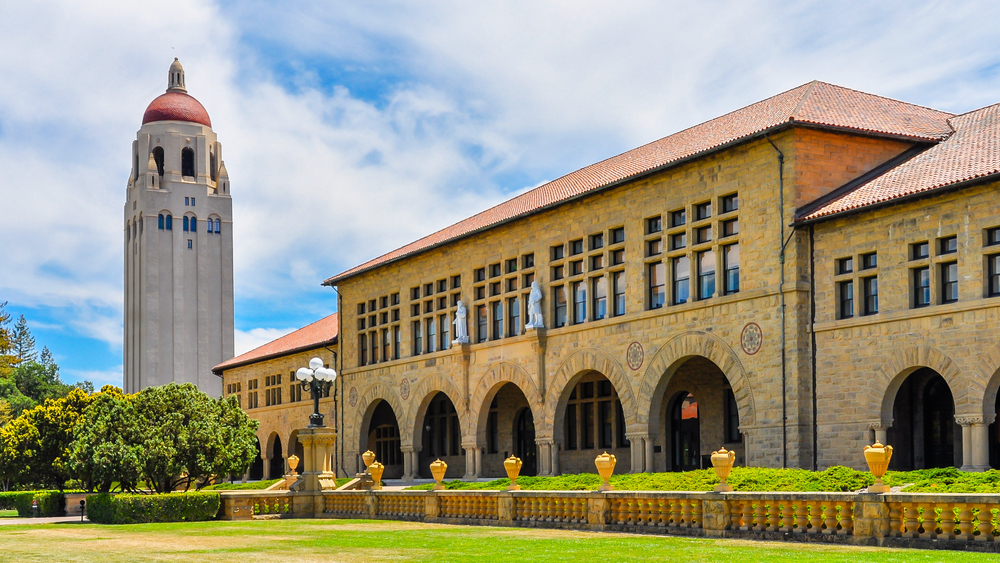
Two months after Brock Turner’s so-called “alcohol induced” rape case, Stanford University has banned hard alcohol on campus and in undergraduate housing, in an attempt to reduce the cited “party culture” incidents. The move has come under heavy criticism, even from Stanford’s own faculty. “Sadly .@stanford appears to agree with #BrockTurner that ‘alcohol’ and ‘party culture’ are to blame for his conduct,” Michele Dauber, a law professor at the school, said on Twitter.
In March, Stanford University President John Hennessy and Provost John Etchemendy opened up a dialogue with students, hoping to find a solution that works for everyone so that incidents like the one Brock Turner was involved in don’t repeat themselves.
“We welcome ideas from students and other members of the campus community for new ways of tackling [alcohol misuse],” the president and provost wrote to students in March. “The importance and persistence of this issue have led the two of us to contemplate options that we have not in the past, including broad bans on hard alcohol in undergraduate residences. But we believe a serious campus conversation is what is called for at the moment.”
Ralph Castro, director of the Office of Alcohol Policy and Education at Stanford, says the university’s intention was not to implement “a total prohibition of a substance, but rather a targeted approach that limits high-risk behavior and has the backing of empirical studies on restricting the availability of and access to alcohol. It also allows us the ability to provide uniformity in a policy that will impact all undergraduate students without banning a substance that is legal for a segment of the student population to use responsibly.”
The new “harm reduction strategy” focuses on alcohol content and container size. With the new policy now in effect, undergraduate students can no longer possess any type of alcohol that’s more then 40 proof in containers that hold more than 750 millimeters. The ban doesn’t go so far as to tell students who are of legal drinking age that they can’t consume beer or wine in campus housing. And although shots are prohibited, mixed drinks at events for graduate student organizations are still allowed. By limiting container size, the university hopes to reduce overall alcohol consumption.
The new policy seems to make excuses and lessen the culpability of students like Brock Turner, who laid the blame on alcohol and the school’s party culture, for his unacceptable, criminal and disreputable behavior.